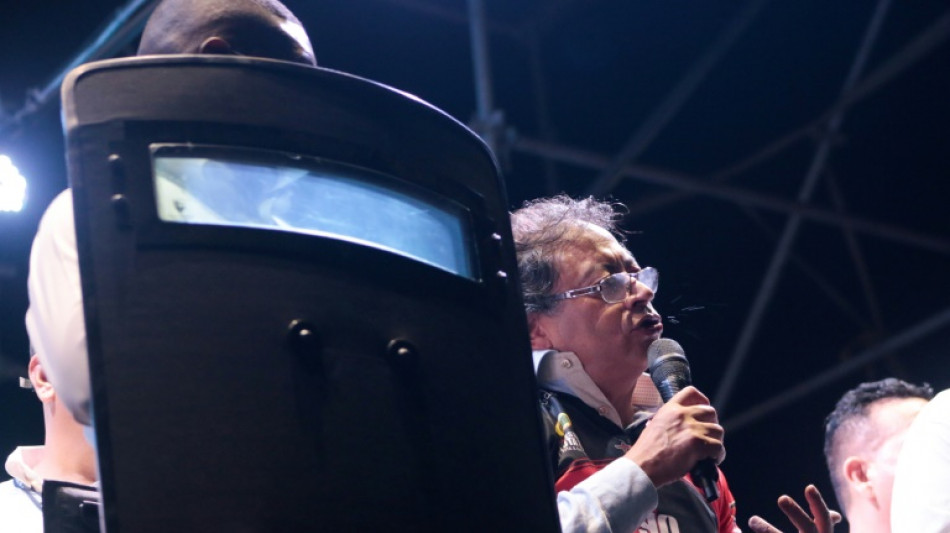
-
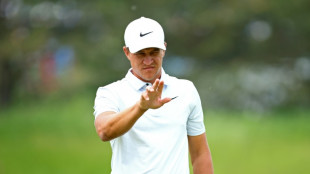 Champ leads Canadian Open as McIlroy crashes to missed cut
Champ leads Canadian Open as McIlroy crashes to missed cut
-
Szokol, Lee share lead at LPGA Shoprite Classic
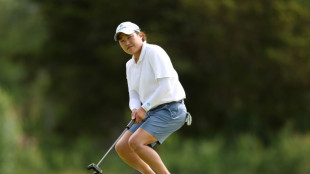
-
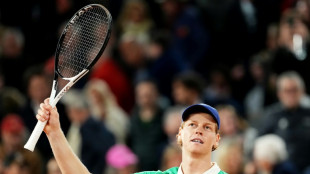 'Doesn't get any bigger' than Alcaraz final, says Sinner
'Doesn't get any bigger' than Alcaraz final, says Sinner
-
'Honoured' Djokovic hints at possible Roland Garros farewell after semi-final loss
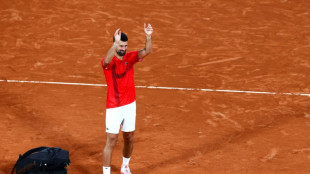
-
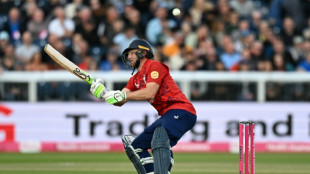 Buttler and Dawson star as England beat West Indies in T20 opener
Buttler and Dawson star as England beat West Indies in T20 opener
-
Alcaraz set for 'great' French Open final against Sinner after Musetti abandons
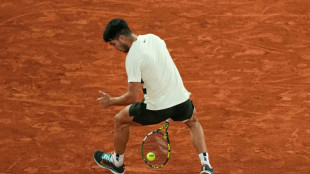
-
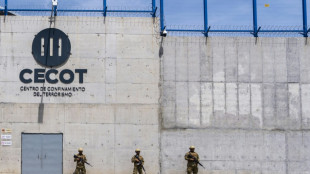 Wrongly deported Salvadoran migrant arrested on return to US
Wrongly deported Salvadoran migrant arrested on return to US
-
Bromell scorches 100m as Chebet shines at Rome Diamond League
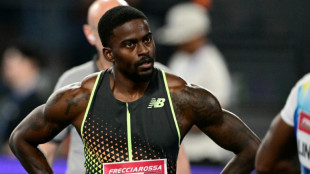
-
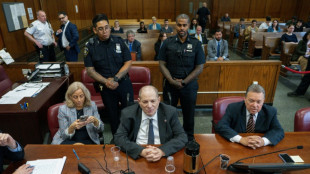 Weinstein concedes he acted 'immorally' as jury deliberations pause
Weinstein concedes he acted 'immorally' as jury deliberations pause
-
Sinner ends Djokovic record bid, to face Alcaraz in French Open final

-
 Italy thrashed by Norway as Belgium held in World Cup qualifying
Italy thrashed by Norway as Belgium held in World Cup qualifying
-
'Overrated' Haliburton having last laugh after latest winner
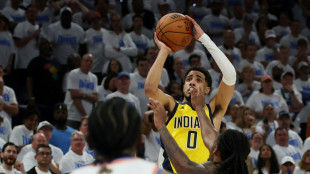
-
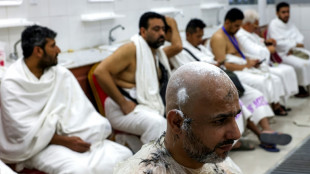 Inside Saudi's hajj-only barbershop, shaving thousands of heads in a day
Inside Saudi's hajj-only barbershop, shaving thousands of heads in a day
-
Sinner sets up Alcaraz French Open final with victory over Djokovic
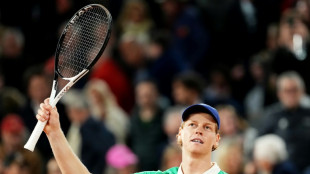
-
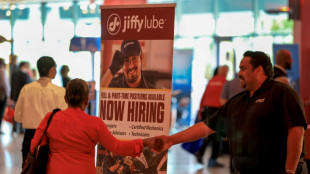 Stocks climb on reassuring jobs data, US-China trade optimism
Stocks climb on reassuring jobs data, US-China trade optimism
-
Italy's Jorginho joins Flamengo after Arsenal exit
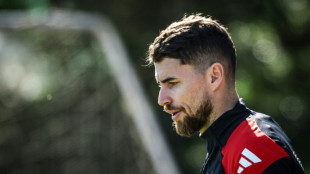
-
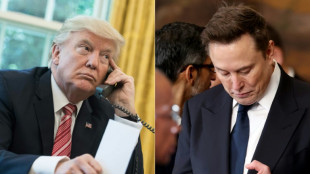 From allies to enemies: the cost of a Musk-Trump split
From allies to enemies: the cost of a Musk-Trump split
-
England's Woakes in the wickets against India A as Rahul hits a hundred
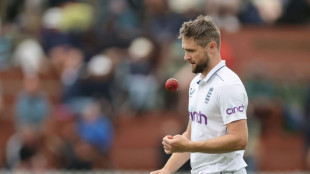
-
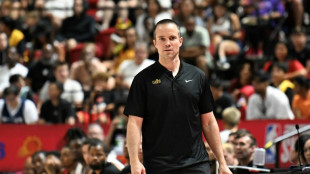 Suns name Ott as new head coach
Suns name Ott as new head coach
-
Tuchel urges tired England to find 'energy' in Andorra qualifier
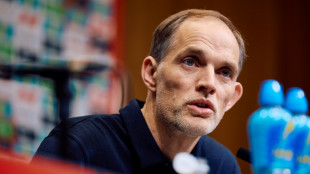
-
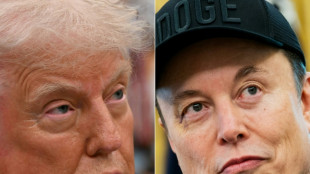 Trump says Musk has 'lost his mind' as feud fallout mounts
Trump says Musk has 'lost his mind' as feud fallout mounts
-
Trump-Musk showdown threatens US space plans
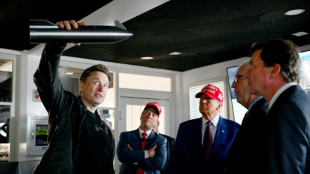
-
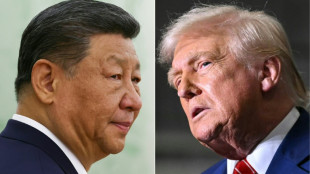 Trump says fresh US-China trade talks in London next week
Trump says fresh US-China trade talks in London next week
-
Alcaraz set for 'great' French Open final after advancing past injured Musetti
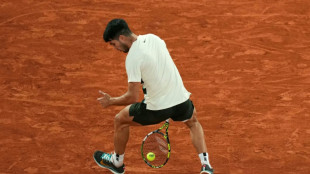
-
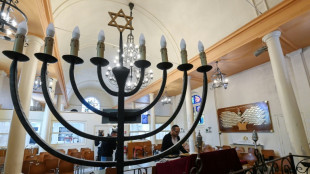 Palestinian detained in France after rabbi hit with chair
Palestinian detained in France after rabbi hit with chair
-
Defiant Postecoglou proud of Spurs reign despite sacking
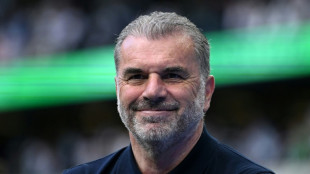
-
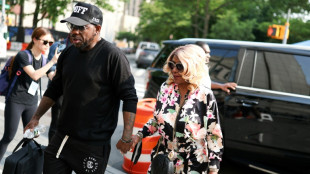 Witness tells jurors of coercive sex, transporting drugs for Combs
Witness tells jurors of coercive sex, transporting drugs for Combs
-
'Too much risk': Musetti forced to abandon French Open semi-final
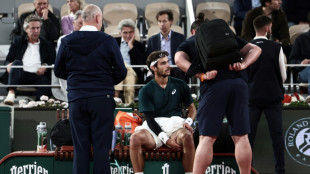
-
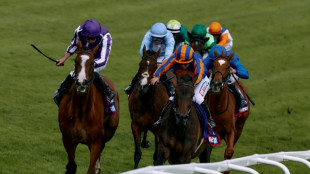 Minnie Hauk wins Epsom Oaks for dominant O'Brien
Minnie Hauk wins Epsom Oaks for dominant O'Brien
-
New push in Europe to curb children's social media use
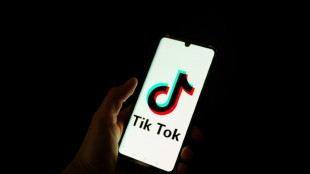
-
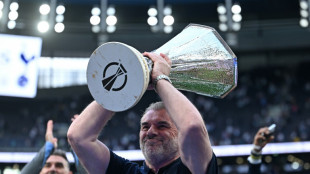 Postecoglou sacked by Spurs despite ending trophy drought
Postecoglou sacked by Spurs despite ending trophy drought
-
Tensions spiral between Venezuela and Trinidad and Tobago
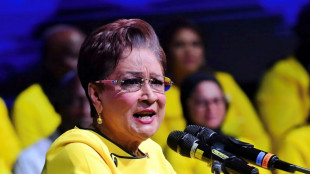
-
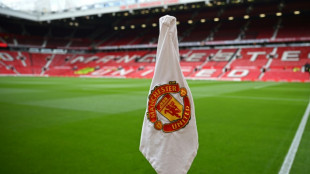 Man Utd raise profit forecast despite turbulent season
Man Utd raise profit forecast despite turbulent season
-
Weinstein concedes he acted 'immorally' as jury weighs his fate
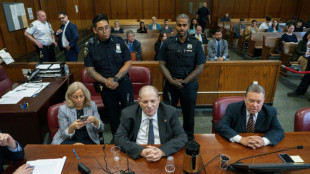
-
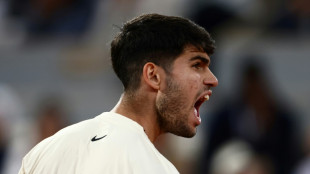 Alcaraz reaches French Open final, Sinner to face Djokovic
Alcaraz reaches French Open final, Sinner to face Djokovic
-
Reigning champion Alcaraz into French Open final as Musetti retires
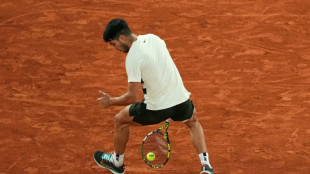
-
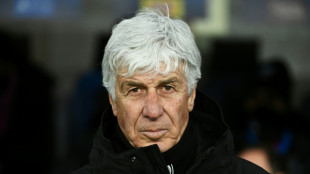 Roma unveil 'right man' Gasperini as new coach
Roma unveil 'right man' Gasperini as new coach
-
Black Sabbath's hometown gig to be streamed worldwide
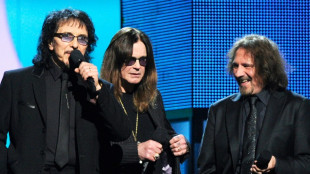
-
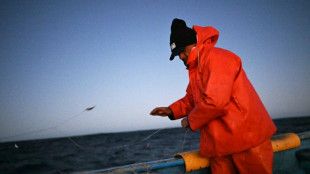 Missing merluza: Chile's battle to save its favorite catch
Missing merluza: Chile's battle to save its favorite catch
-
World's top two clash for French Open crown as Sabalenka faces Gauff
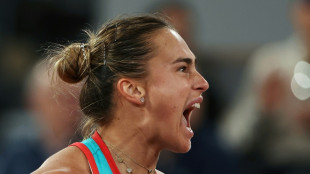
-
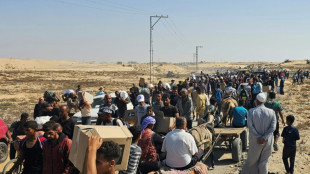 France opens 'complicity in genocide' probes over blocked Gaza aid
France opens 'complicity in genocide' probes over blocked Gaza aid
-
Trump has no plans to call Musk, White House says after feud
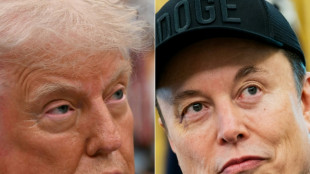
-
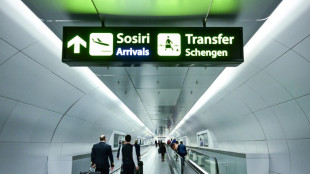 EU states look to trim compensation for flight delays
EU states look to trim compensation for flight delays
-
Bangladesh's Yunus announces elections in April 2026
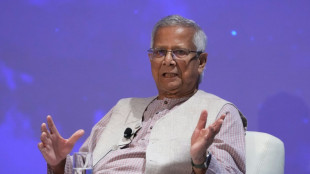
-
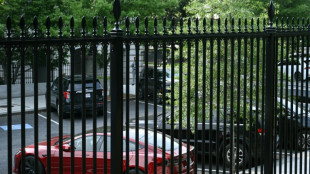 Trump may get rid of his Tesla after Musk row: official
Trump may get rid of his Tesla after Musk row: official
-
Greek artist warns of fanaticism after art vandalised
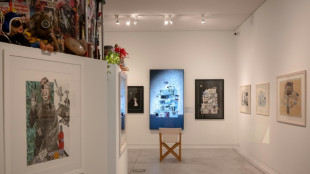
-
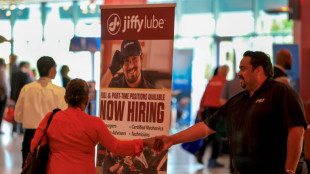 Stocks and dollar climb on reassuring US jobs data
Stocks and dollar climb on reassuring US jobs data
-
US job market cools but resilient for now despite Trump tariffs
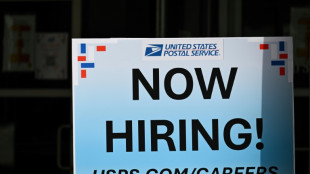
-
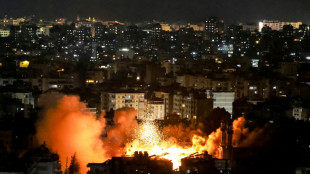 Israel warns of more Lebanon strikes if Hezbollah not disarmed
Israel warns of more Lebanon strikes if Hezbollah not disarmed
-
Ukraine war 'existential', Russia says, launching revenge strikes
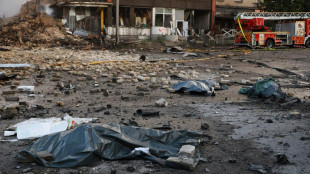

Colombia elections: the spectre of political assassination
Every time Colombian leftist presidential candidate Gustavo Petro, who leads opinion polls, steps out in public the scene is striking: he is surrounded by a wall of nervous-looking bodyguards brandishing bullet-proof shields.
The spectre of assassination is haunting the electoral campaign in which the left has a real chance of taking power for the first time in a country that has a history of political careers ending in a hail of bullets.
In the 20th century, five presidential candidates were assassinated by opponents, drug traffickers or paramilitaries working in complicity with the state.
Three were from the left or far left, and the other two were liberals.
The country was gripped by more than five decades of conflict between the state and the Revolutionary Armed Forces of Colombia (FARC) that ended with a 2016 peace deal.
And while the level of violence has dropped since then, Colombia remains wracked by a multi-faceted conflict involving drug traffickers and a multitude of armed groups.
- 'Very high' risk -
"The spectre of death accompanies us," Petro told AFP in February. "It does not stop appearing to me like a flash, when I'm in a crowd, when I'm on a platform and there is a full square, someone could shoot from anywhere."
Earlier this month, the 62-year-old senator, a former left-wing guerrilla, had to call off a public appearance after his team received "first-hand information" about an assassination plot by two paramilitaries.
Two days later he did appear in the northern city of Cucuta behind the bullet-proof shields.
His 60-strong bodyguard has since been beefed up while local security forces have provided extra officers for his numerous trips to provincial areas that have contributed to his successful campaign.
The assassination risk "is very high", according to Felipe Botero, a political science professor at the Andes University.
"They won't just (try to) kill Petro the candidate but it is also highly likely they will try to assassinate him if he wins the presidency," Botero told AFP.
His running mate Francia Marquez, a black environmentalist, has also received threats.
Conservative candidate Federico Gutierrez has spoken of his concern, not just for Petro but also himself, having claimed to have been threatened by the Marxist National Liberation Army (ELN), the last remaining recognized rebel group in the country.
"Take care of Federico Gutierrez," said former president Alvaro Uribe, who escaped a FARC assassination attempt using explosives in 2002.
- Fear of the left -
In the history of modern Colombia a date that stands out is April 9, 1948 when liberal presidential candidate Jorge Eliecer Gaitan was shot dead on a street in Bogota.
His murder inflamed the city and set off a bloody internal conflict that, more than a half century later, has still not been extinguished.
Four decades later, communist Jaime Pardo Leal (1987), liberal Luis Carlos Galan (1989), and leftists Bernardo Jaramillo and Carlos Pizarro (1990), all presidential hopefuls, were assassinated.
Alexander Gamba, a professor at the Saint Thomas University, says there are three reasons for a "possible" attack on Petro.
Firstly, Colombia has "violence professionals" like the almost two dozen mercenaries who took part in the assassination of Haiti's president last year.
Secondly, Petro's opponents have claimed his victory would be "a huge national catastrophe", which has contributed to an atmosphere in which his assassination would almost be presented as a "patriotic act."
Lastly, the country has "never had political change" involving the left wing, which conservatives continue to link to the armed rebellion.
"In a country like Colombia, marked by political violence and with the record for the murder of social leaders, we obviously take all threats against Mr Petro seriously," said Alfonso Prada, one of the candidate's advisors.
"If we hope to run the country, we need to be capable of looking after our own security," he added.
For its part, the outgoing government of President Ivan Duque, has said Petro "is one of the best protected people" in the country.
P.Stevenson--AMWN